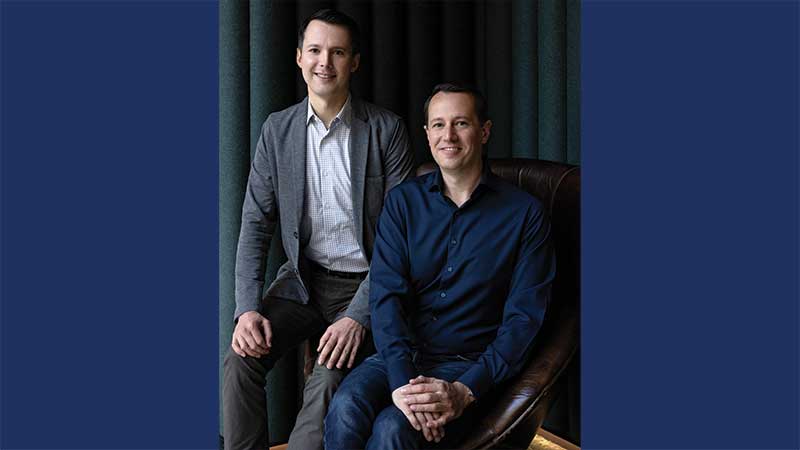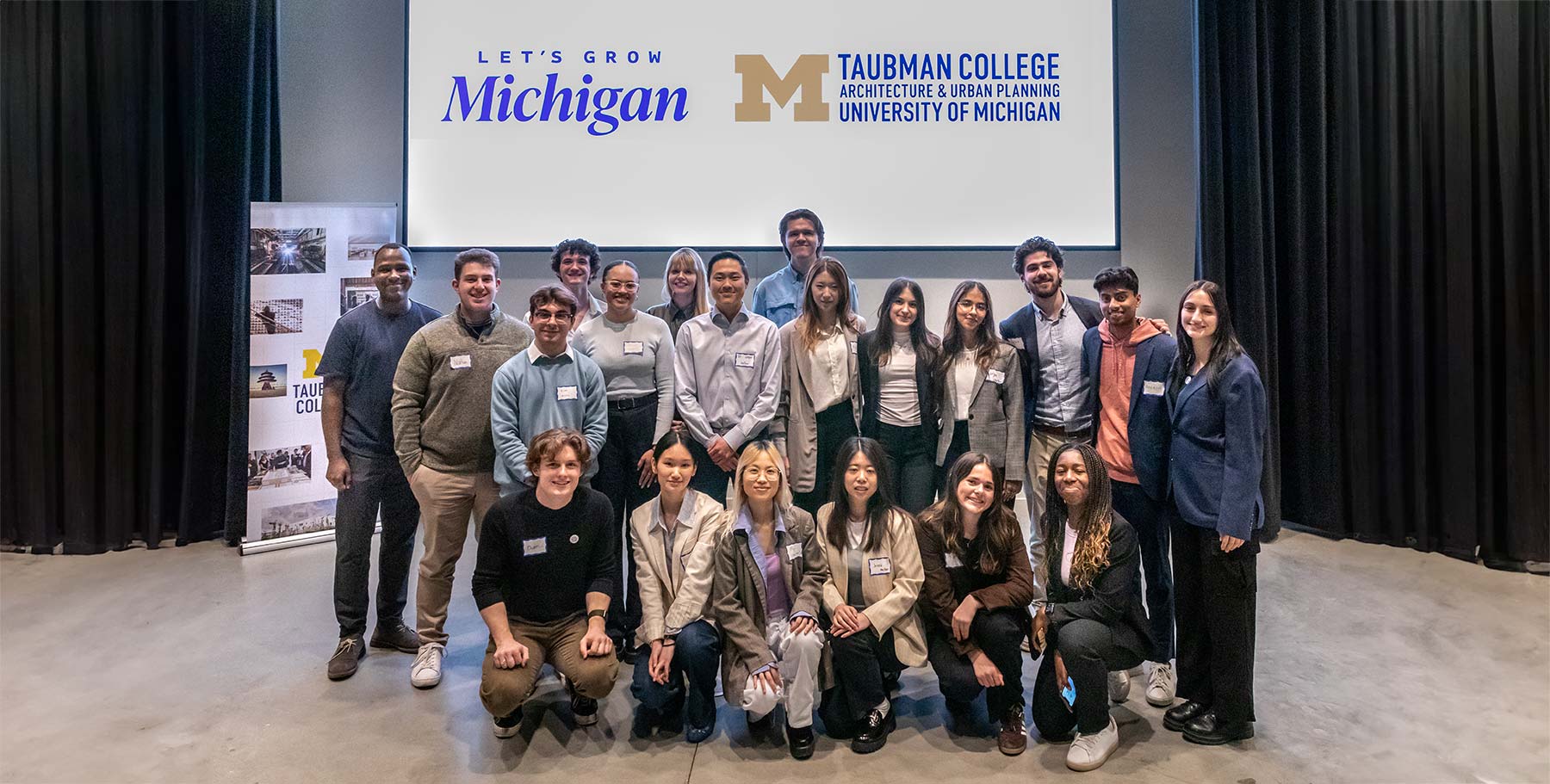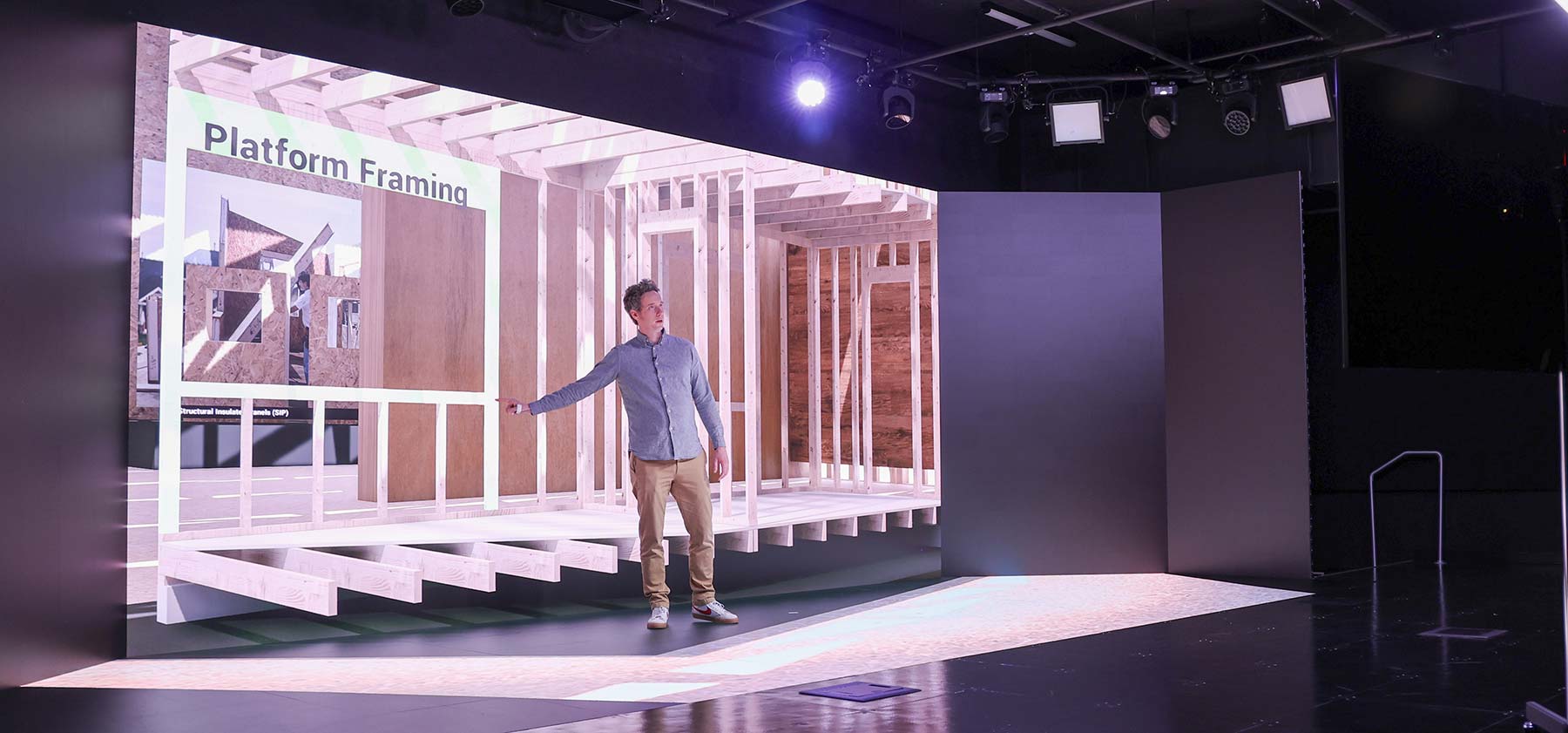Randy Howder has spent a great deal of time thinking about where people feel comfortable. He’s managing director and principal at Gensler’s San Francisco office, and, since the pandemic, he’s been considering what draws people back into public spaces after spending so much time at home.
“You go for the sensory excitement of the smells, the lighting, the din of the crowd, and getting out of your pajamas. You want to be around other people. I think the workplace is going through that same experience; people are gravitating to high-quality environments where they feel better having been there than if they hadn’t been there,” he says.
The San Francisco Gensler office has been strategic about finding new ways to facilitate in-person collaboration. Howder says, “Architecture is sometimes mythologized as this individual genius who comes up with these brilliant ideas, but in reality, it is a social activity designing a building or a space, anything that involves a lot of collaboration with colleagues. Every person on the team has something different to add.”
Returning to the office doesn’t mean a return to the status quo. Howder believes considering factors like the neuro and physical diversity of employees and making work accessible to employees from diverse locations, backgrounds, and circumstances when balancing collaborative and individual work time is paramount. “I think architecture is becoming a more sensitive profession, a more diverse profession. Remote work and having distributed teams helps us bring and keep more diverse participants in the profession,” he explains.
He sees Taubman College embracing and advancing the inclusiveness of the profession as well. “The college has really pushed forward diversity in a profession that has historically not been diverse in terms of gender, ethnicity, race, sexual orientation, all of the above. There’s definitely been a shift from when I was at the college. I think students being a part of that kind of diversity is making their work more interesting. They’re more aware and sensitive to some of the challenges facing the world, and it’s showing up in their work, which is exciting.”
Howder and his husband, Neal Conatser, a successful Bay Area real estate agent, want to ensure that as many students as possible have the opportunity to experience the high-quality education they benefited from with the added diversity of thought Taubman College students are a part of today. In 2021, they established the Howder-Conatser Architecture Scholarship Fund at Taubman College as one way to make sure more people find their place in architecture. Now they’re reaffirming that commitment with a pledge of $2.75 million through their estate to support Taubman College undergraduate architecture students, focusing on those with financial need and those who are the first in their families to go to college.
While Howder’s parents both went to college, Conatser was the first in his family to pursue higher education. Howder says what they shared is “the good fortune of being in these robust institutions that gave us a new perspective on the world and helped us see the world through others’ eyes.” Both see education as an answer to some of the world’s difficult challenges, like addressing climate change or transitioning to a more equitable economy.
“Income inequality is what’s driving a lot of political and social challenges in this country. I think it takes a college education to be really successful. It’s like table stakes now if you want to become part of the middle class or beyond. Someone who may not have the financial means to come to a world-class university like Michigan, if we can help however many people it is through the life of this scholarship, that’s a small part we can play in helping the world, this country, and the state of Michigan be a better place,” Howder says.
As an Alumni Council member, he has seen that Taubman College students are aware of and ready to tackle the world’s challenges. “They really value trying to solve some of these systemic issues that architecture, in particular, has often avoided because, historically, our clients are wealthy. Often people think don’t think architecture can affect those systemic issues, but it’s such a fundamental part of shaping society that it really does. Architecture communicates values.”
The tenacity and social consciousness of Taubman College students is one reason Howder and Conatser established their scholarship fund. “The experience at Taubman, no matter what your career track is, teaches that ability to learn how to follow a concept through to completion and then explain that clearly to others and bring them along; that’s the key to making the world a better place as far as we’re concerned,” says Howder.
He adds that he and his husband are thinking about the long term with their planned gift to Taubman College. “Our legacy, rather than being direct descendants, will be all of these architects and designers. Even if they’re not architects, they’ll be folks who can think critically and make progress on sticky issues and make the world a better place.”
He also hopes alumni realize gifts and support of all types and sizes make an impact on Taubman College students. “Giving back doesn’t always have to come as a large monetary amount. It can be volunteer time that helps graduating students find a job, being a guest critic at a studio, opening your office to students during spring break. No gift is too small. Give what you can when you can but stay connected to the college. Increasing the cohesiveness of the alumni network makes us all more valuable to the outside world and the profession.”
— Liz G. Fisher





